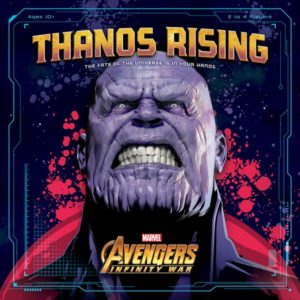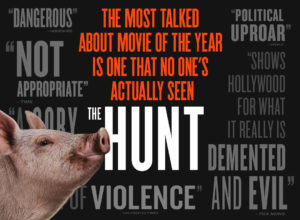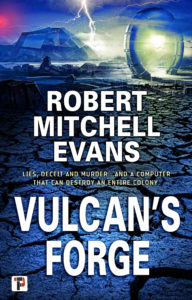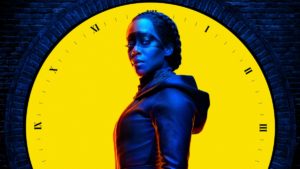The novel Vulcan’s Forge will be unleased upon a world clamming for reading material in just 4 more days.
My sweetie-wife and I enjoy a good board game and last week I finally got a copy of a game that I had only played at conventions, Thanos Rising: Infinity Wara media tie-in game associated with Avengers: Infinity War.
Thanos Rising a cooperative game for 2 to 4 players who take on the roles of various teams of heroes from the Marvel Cinematic Universe in their bid to  prevent the mad Titan Thanos from acquiring all six Infinity Stones and destroying half of all life in the universe.
prevent the mad Titan Thanos from acquiring all six Infinity Stones and destroying half of all life in the universe.
Each turn a player rolls dice and assigns them towards heroes to recruit onto their team or to villains to damage and eventually eliminate. The players win if they eliminate 7 villains from Thanos’ forces while Thanos has three paths to victory.
- acquire all six Infinity Stones.
- eliminate an entire hero (player’s) team
- eliminate 10 or more heroes
Media tie-in games have a terrible reputation as games that are poorly thought out, designed, and generally as cheap cash grabs riding the tails of something else’s greater popularity but that is not the case with Thanos Rising.this game is well balanced and challenging to play. My group of experiences board gamers is currently running a success rate of about 50% playing the game without enhancing its difficulty at all. All in all, this is a fun game and one that is well worth acquiring.



